WARNING: The following article contains some spoilers for HBO’s The Last of Us, Episode 4: “Please Hold My Hand.”
We’re officially four episodes in, and HBO’s The Last of Us is proving to be a thoroughly enjoyable and extremely faithful adaptation of Naughty Dog’s critically acclaimed video game franchise.
That isn’t always the case, however, especially as Pedro Pascal’s Joel has been put through the wringer a few times and his made-for-television counterpart couldn’t afford to be rough around the edges in such a glaringly obvious way as his rated-18 video game portrayal. His brutality as a hardened survivor — for the most part — is fairly subdued in HBO’s version, whereas Naughty Dog left no stone unturned in trying to make Joel a balanced character whom many felt limited sympathy for. This was made clearer in The Last of Us: Part II, but we won’t open that can of worms.
After losing his daughter during the beginning of the Cordyceps outbreak, Joel becomes a rough-and-ready survivor in post-apocalyptic America, eventually gaining a reputation as a ruthless smuggler in the Boston QZ. When he meets Ellie, his exterior softens somewhat, but hardly to any meaningful extent. There are very few moral lines that Joel won’t cross after having lost everything he values in life. There’s a case to be made here that attests to Joel’s brutality, which is seldom seen in the TV series but rarely ever not seen in the video games. That being said, one could argue that HBO handles Joel’s inner conflict beautifully, managing to somehow dodge the restrictions of broadcasting violence on television and making it Joel’s personality.
In the fourth episode of HBO’s adaptation, “Please Hold My Hand,” after crashing their car into a laundromat in hunter territory, Joel and Ellie are ambushed by members of a resistance group separate from the Fireflies, spearheaded by an OC known as Kathleen. Joel instructs Ellie to hide behind a wall and wait, and she complies, but once the bullets stop flying and Joel thinks they’re in the clear, he’s attacked from behind by a rogue hunter and almost strangled to death. Luckily, Ellie intervenes and shoots the hunter with a pistol to subdue him. Once the fighting stops, the hunter begs for forgiveness, claiming that they could help each other. Joel once again tells Ellie to wait behind the wall, then he mercilessly executes the hunter.
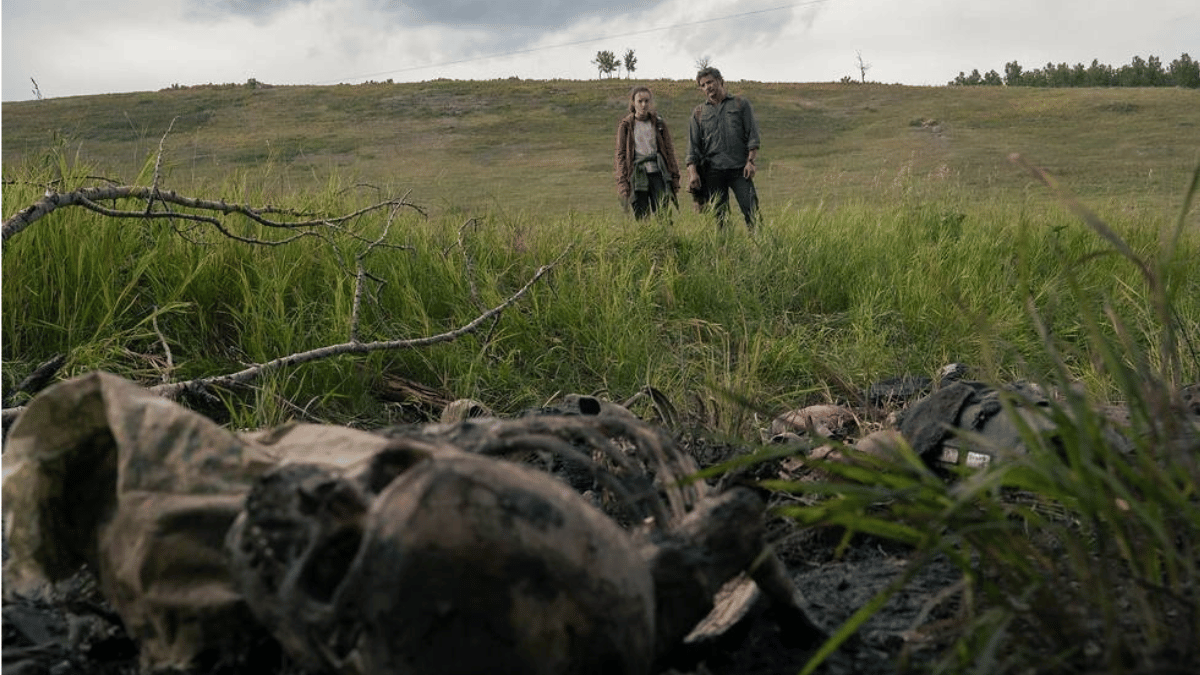
Once the dust has settled, Joel thanks Ellie for saving his life and entrusts her with the pistol permanently, but “only for emergencies.” Then, Ellie quizzes him on how he managed to handle the ambush so well, to which he replies he’s “been on both sides.” He apologizes for Ellie having to make a tough decision, to which Ellie replies that it “wasn’t [her] first time.”
Troy Baker, the actor who brought Joel Miller to life in Naughty Dog’s video game series, hosts a weekly “HBO’s The Last of Us podcast” on Spotify, featuring showrunners Craig Mazin and Neil Druckmann. In this week’s episode, the three creatives touch on the key moment from “Please Hold My Hand,” which we outlined above. They discuss what this means for Joel’s character, as well as how it impacts Ellie, who bares witness to the whole ordeal. When the Hunter begs Joel for forgiveness and repentance, Joel refuses to listen. He barely even hesitates. But this creates a moral dilemma for the audience as well as Ellie, who reluctantly saves Joel’s life.
Troy Baker: “We humanize the enemy. Where did this come from?”
Craig Mazin: “Well, in part, I think it was getting under the skin of people you think are just Bad with a capital ‘B’ and it was also a chance to ground violence. Because in the gaming experience, violence very quickly becomes sort of just… noise. You’re killing… a gazillion people. Lots of monsters. And here… not so much. It’s important, I think, for us tonally to make it clear that violence isn’t clean, and the people that you hurt are as human as you are. And Ellie, who had this excited… thing, with this gun, and who had shown violent impulses, is really struck to her core by what’s happened here. And Neill has put his finger on the post important thing. Joel is almost… he’s angry, but why would he be angry at her? He’s angry at her because he’s angry at himself because he didn’t hear that guy coming, because he was losing, because he had just given this big monologue about what a savior he is and once again…”
Neil Druckmann: “He would have died without her.”
Craig Mazin: “Bingo.”
In the end, Joel is a very flawed man. He claims to be anything but, mostly due to his own shattered sense of pride, but that doesn’t make the statement any less true. Let’s take, for example, the guard outside the QZ in the debut episode, “When You’re Lost in the Darkness,” whom Joel (presumably) beats to death despite the pair having a give-and-take relationship to smuggle contraband inside the QZ. This is triggered when the guard points a gun at Ellie, which triggers flashbacks for Joel, who relives the trauma of losing Sarah to a FEDRA soldier without a moral conscience.
Essentially, all the blood on Joel’s hands is very telling. He only kills whenever he or his “family” — as he calls his companions — are threatened. In both instances — the guard outside the QZ and Brian the hunter — Joel brutally kills because the danger threatens Ellie, whom he’s begun to see as much more than cargo.
To Joel, Ellie is just as innocent as Sarah was, regardless of what his individual thoughts of her might be. HBO manages to make Joel exceedingly violent while giving him more of a motive than most trigger-happy characters (we’re looking at you, John Wick). HBO handles the violence very tastefully, implementing it only when it’s necessary for Joel’s development and exaggerating the fact that he’s been forever changed by his experiences.
The Joel that we see in HBO’s The Last of Us doesn’t shy away from violence by any means, but he uses it more like a tool than a necessity. In his mind, violence is to progress what a hammer is to nails; one cannot function without the other. But if there’s no need to hammer a nail, there’s no need to kill another human being. Obviously, in Brian’s case, Joel felt it essential to kill him. Perhaps he would share information to his friends — had he survived — about Joel and Ellie’s appearances, mannerisms and identifying qualities. And that was simply a risk that Joel wasn’t prepared to take.

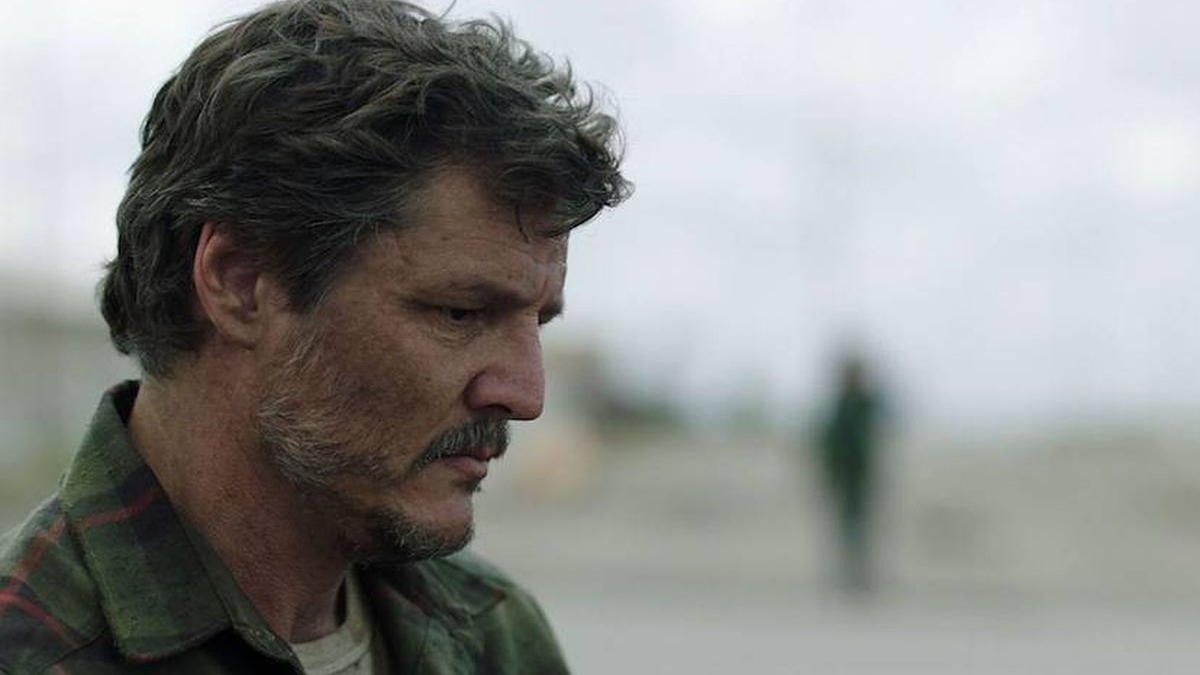
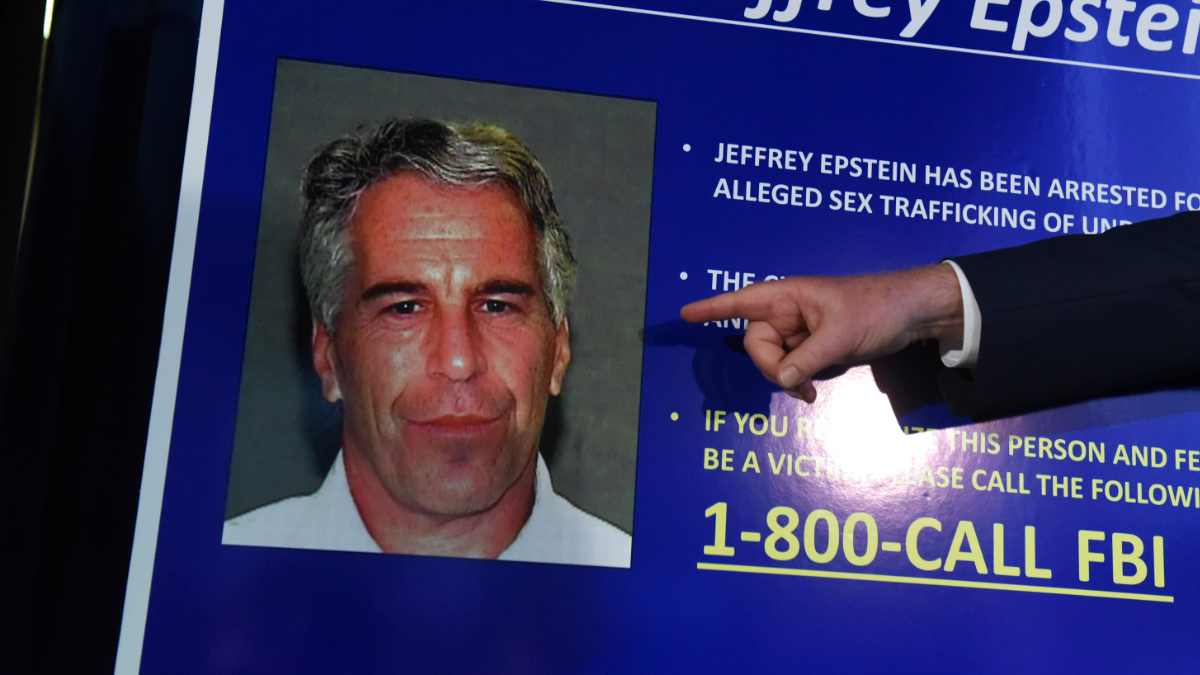
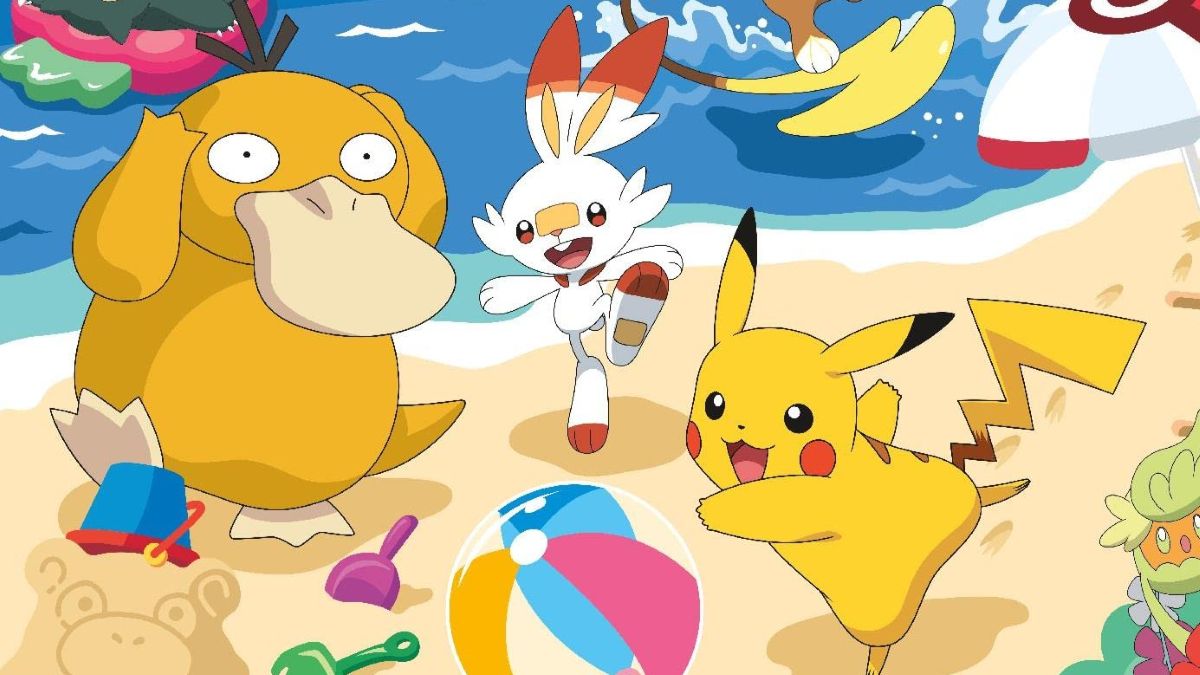
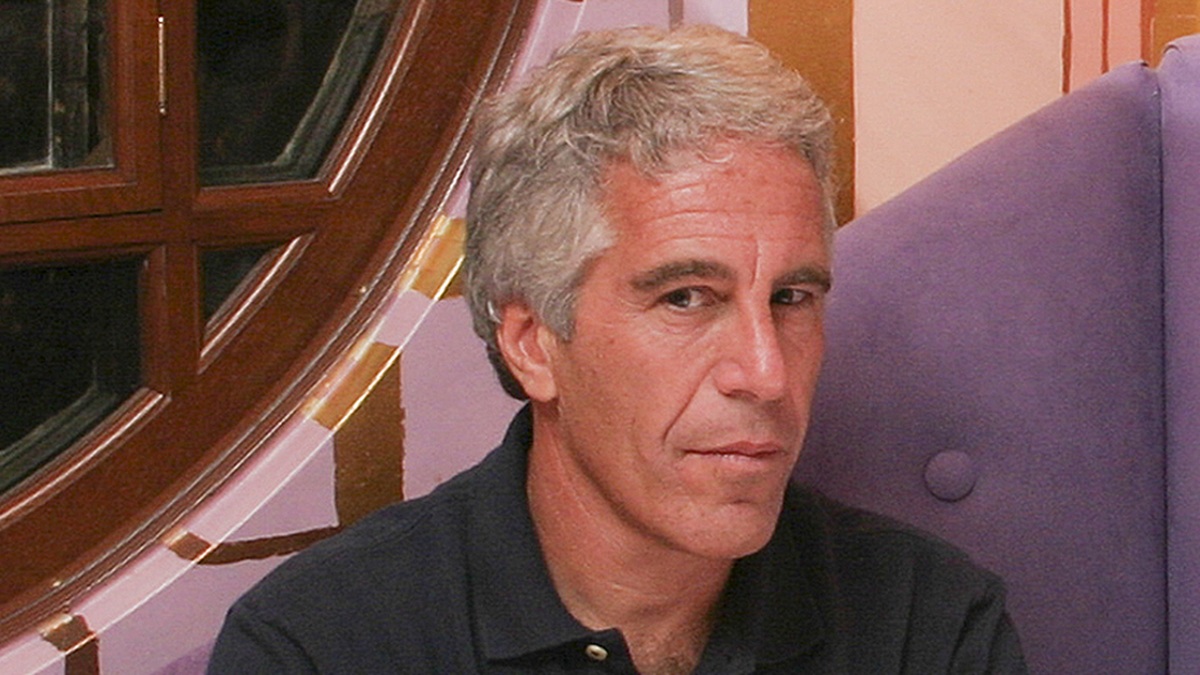






Published: Feb 6, 2023 12:21 pm